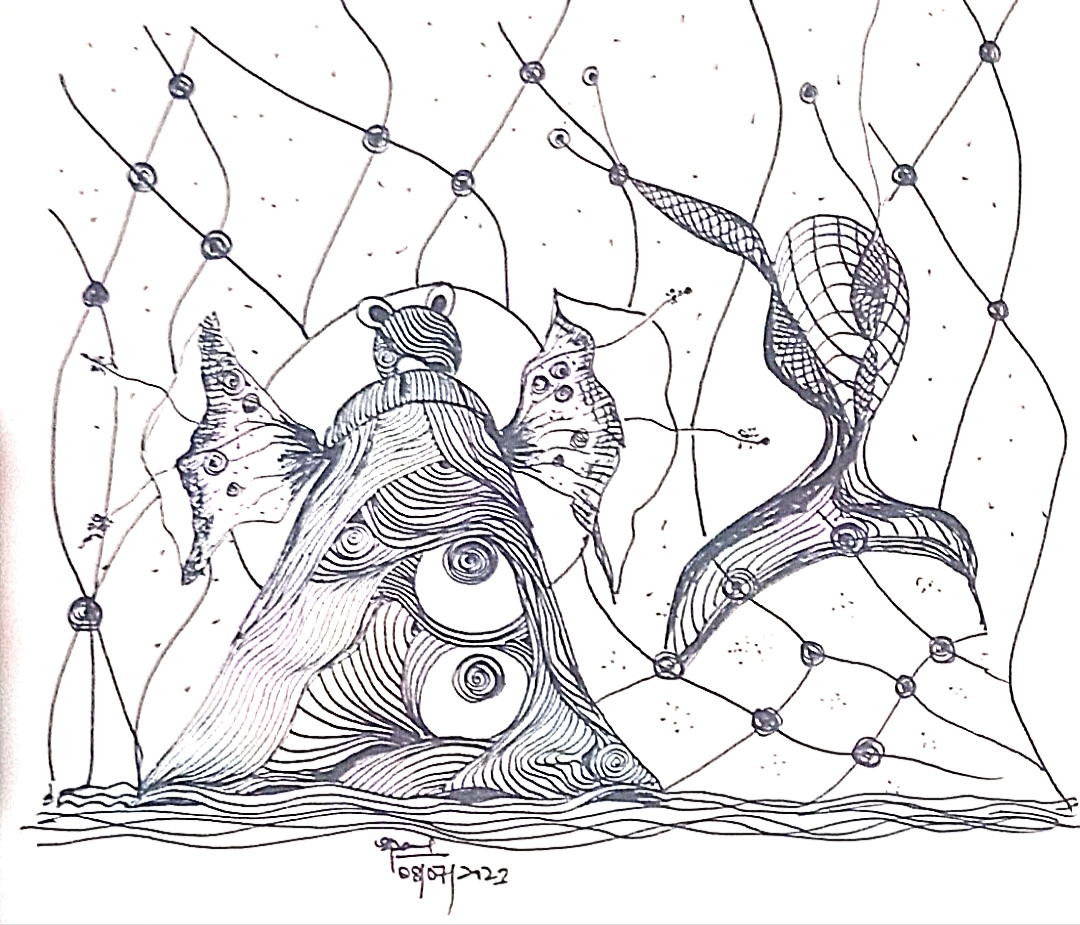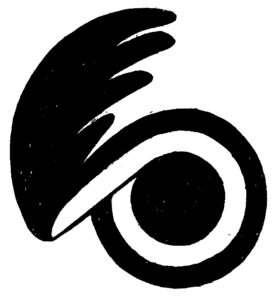

* All the legal application should be filed in Kerala, India, where the Kritya Trust is registered.

Poetry talks about time and space as its medium of expression, great poetry crosses this border. In old Chinese poetry, poets talk about their own pain, struggle for surviving.
Even though the situations are changed, these poems still approach us with emotions. We are glad to present 3 poets from the 8th century, whose poetry appeals to us even to day.
Three great Chinese poets
1. Li Po (8th century)
* The Summit Temple
Here it is night; I stay at the Summit Temple.
Here I can touch the stars with my hand.
I dare not speak aloud in the silence
For fear of disturbing the dwellers of Heaven.
* Winter
Tomorrow the courier leaves for the frontier
All night she spends mending his coat.
Bravely her fingers ply the cold needle,
But the scissors are even colder.
Then at last it is over, and the coat is given away:
How many days will it take to reach Lin-tao?
* Autumn
The moon rises over Ch’ang-an,
From ten thousand doors comes the sound of pounding cloth.
The autumn wind blows sadly.
My thoughts mingle with yours at the Jade Pass.
When will the Tartars be put to flight?
When will my beloved be able to return from the battlefield?
2. Tu Fu (8th century)
* Spring
Mountains and rivers lie in the opening sun.
Spring wind freshens the flowers and herbs.
Swallows are flying to fill their nests with mud.
Doves spread themselves drowsily in hot sand.
The blue river reflects the white birds.
On the green mountains red flowers are burning.
Silently I watch the procession of Spring.
Then I will return to my beloved home.
*The Rain at Night
The good rain knows when to fall,
Coming in this spring to help the seeds,
Choosing to fall by night with a friendly wind,
Silently moistening the whole earth.
Over this silent wilderness the clouds are dark.
The only light shines from the river-boat.
Tomorrow everything will be red and wet,
And all Chengtu will be covered with blossoming flowers.
* Parting from my old wife
The country is still at war; no safety yet.
Old as I am, I cannot retire and rest.
My sons and grandsons all died at the front.
What good is it to me to remain on earth alone?
I throw away my stick and go out of doors,
My heart aches, my spirit is dumbfounded.
Fortunately my teeth are all sound—
But I am afraid my bones cannot stand it.
Do not worry—I am wearing my uniform,
I bow to the officer, I bid him farewell.
My old wife lies on the roadside weeping,
Her summer clothes pierced through by the winter wind.
Do I really know that we shall not meet again?
And yet I am afraid that she will catch cold.
I go on my way, I know I shall never return,
Yet she tells me: “Keep well, my love, keep well.”
They say the citadel at Ti-men is formidable,
The ferry at Han-hsien is difficult to cross;
We lost the battle of Nu, but not the next one.
There are still months to live, though I shall die.
Death is there, before every mortal being,
And has very little to do with health or age.
I remember the happy days of my youth and middle age:
I sigh and meditate deeply for a while.
The whole world is in confusion of war;
The bale fire flares over the whole earth.
Corpses are piling on the grass, and the smell is terrible.
Blood runs like water, reddening the river and the plain.
There is no place safe on the earth.
How can I wander and not hesitate?
I must make up my mind without any pangs
To leave my pleasant home for ever.
3. Po Chu-I (8th-9th century
* Sitting at Night
Against the lamp I sit by the south window,
Listening to the sleet and the wind in the dark:
Desolation deepens the night among the villages.
Through the snow I hear the lost wild goose calling.
* The Mirror
The brightness of a bronze mirror,
The whiteness of silken thread.
How can I prevent people knowing my age?
Surely you do not believe I have grown old?
By Courtesy—from The White Pony edited by the late Robert Payne